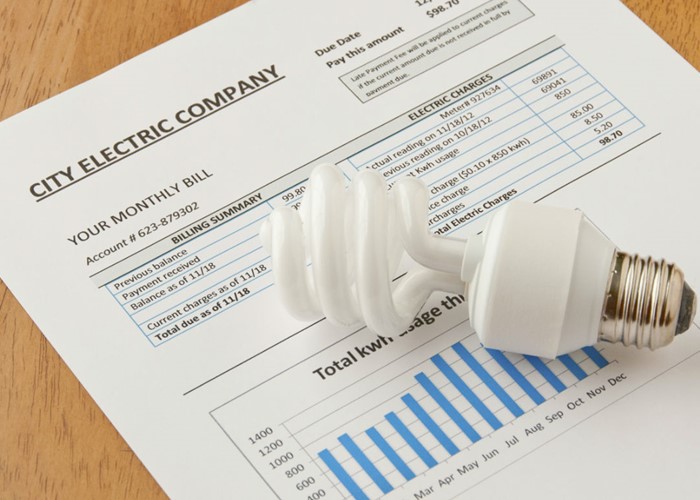'Lack of trust' prevents customers from getting better energy deals

Citizens Advice has said there is a “crisis of trust” which is stopping people from obtaining the best energy deals.
Research published today by the Smart Meter Central Delivery Body (SMCDB) paints “a picture of consumer mistrust, confusion and anxiety" towards the energy industry.
The study found that 41% of people were concerned that they were paying more for gas and electricity than they actually consume, and just over half (51%) did not trust any energy supplier.
Payment worries
Over a third (36%) of all respondents said that they didn’t understand their energy bill, and 37% were concerned that their bills aren’t accurate.
The survey also found that 43% said they didn’t think they had enough information to choose the right energy tariff, and 39% said they didn’t have enough information to choose the right energy supplier.
The general lack of trust was higher among more vulnerable groups: 57% of respondents with a disability and 57% of those in fuel poverty said they didn’t trust a single supplier.
“Years of poor treatment means the loss of trust in energy firms cannot be rebuilt overnight," commented Gillian Guy, Citizens Advice Chief Executive. "The investigation into competition in the energy industry is long overdue.”
Households are struggling to cope
Gillian Guy says there is a “crisis of trust in the energy industry", coming at a time when households struggle to cope with energy costs “which have gone up seven times faster than earnings since 2010”.
One in five people, she says, are falling behind with their energy bill payments, but the lack of trust in the industry as a whole is acting as a “barrier" to getting a better deal. Participants in the study had an average annual bill of £1,100.
Sacha Deshmukh, Chief Executive of the SMCDB, commented that “antiquated systems for recording energy use are no longer fit for purpose. Households need to be able to take control of their energy use and bills.”
He suggested that smart meters would enable us to do just that. The study claimed that 84% of respondents were aware of smart meters, and just under half (44%) were interested in having one installed in their home. Among those with smart meters already installed, the proportion saying they didn’t trust their energy supplier dropped to 30%.
Compare energy suppliers with lovemoney.com
Smart meters
A smart meter sends energy consumption readings to your energy supplier automatically, so that you pay the right amount every month, rather than the current system where energy suppliers sometimes estimate bills when they don’t have a meter reading.
You can keep an eye on how much energy you’re using with the in-home display on your meter.
They will be installed in every home for 'free' by 2020 under Government plans, but we will ultimately foot the bill, as the cost of the meters will be passed on through our energy bills.
There are concerns about both the cost of smart meters and the information they will collect.
Compare energy suppliers and see if you can save with lovemoney.com
Can a relationship of trust between energy suppliers and consumers be restored? Are smart meters the way forwards? Let us know what you think in the comments below.
More on household bills:
The UK's worst energy provider
Green Deal: get up to £7,600 to make your home more energy efficient
Comments
Be the first to comment
Do you want to comment on this article? You need to be signed in for this feature